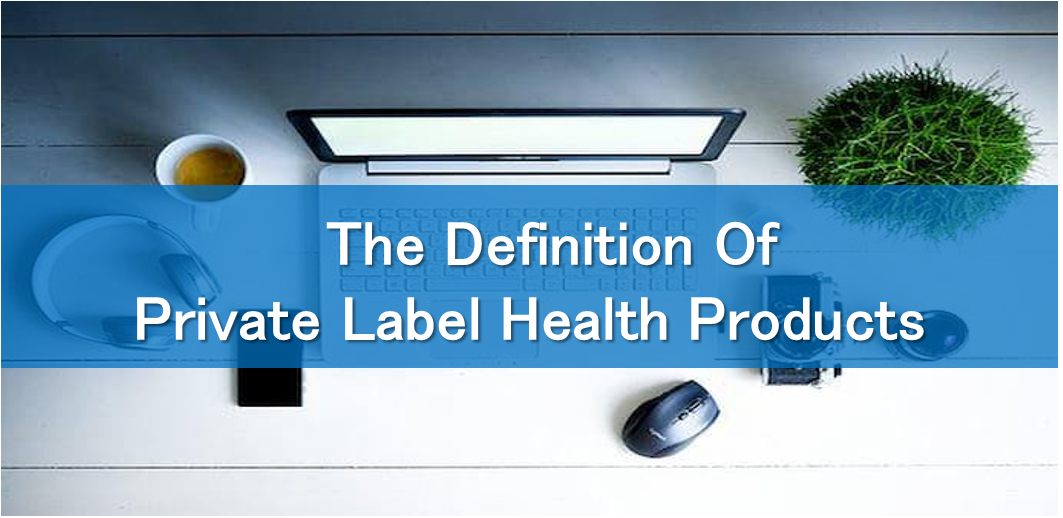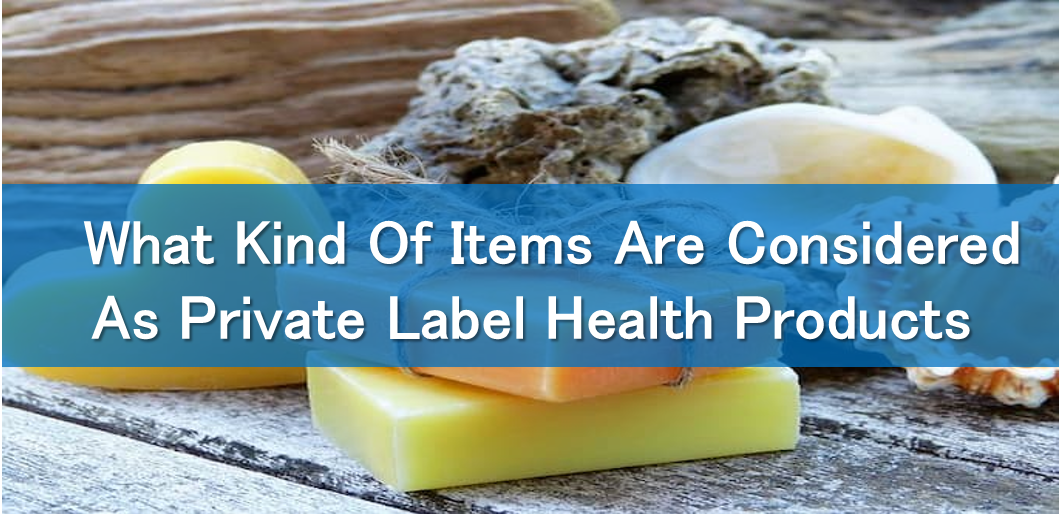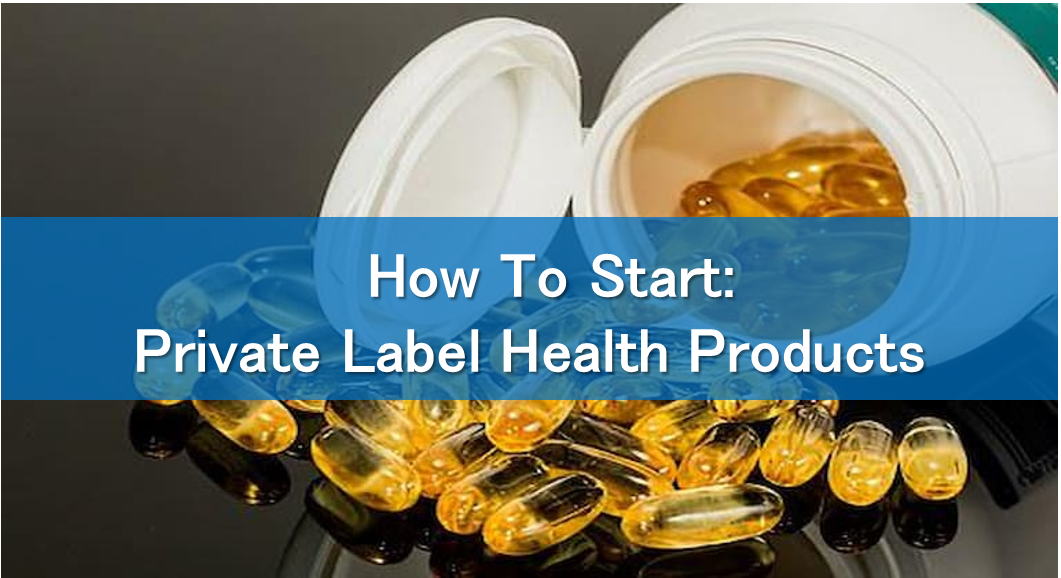
- HOME
- Cosmetic OEM Lab
What is private label health products?
Whats kind of products can we create for private label health products?
Is seems hard to create private label health products…
In recent years, the marketplace for health products has exploded in demand. This presents an extraordinary opportunity to enter the ever-growing private label health product industry. Whether you’re new or experienced with this concept or business, we’ll take a deep dive into its advantages and disadvantages so that you can get started on your own successful private label business!
Contents

Private label health products are those manufactured by one company but sold under another company’s brand name. In other words, the manufacturer produces the product, but the retailer or distributor sells it under their own brand name. Private label products are becoming increasingly popular as they offer a cost-effective and efficient way for retailers to sell their products without the need for in-house manufacturing.
By introducing private label health products, retailers can get an edge over their competitors. This strategy will not only grant them a unique identity and place in the market, but it also enables them to have more control over the quality and pricing of their items. Not just does this bolster profits, but it additionally intensifies brand commitment by creating custom-branded products that customers are familiar with and trust.
Retailers can leverage private label brands to distinguish themselves from competitors and offer customers exclusive items that are otherwise unavailable. With this exceptional set of products, they will be able to create a remarkable shopping experience while simultaneously boosting their market share.
With private label brands, retailers have the flexibility to adjust their pricing and remain competitive in a market full of price-savvy buyers. This can help them draw in more customers who are looking for great bargains.
With private label brands, retailers have the opportunity to make bigger profits since they can bypass the investment otherwise required for manufacturing and developing an original product. This enables them to maximize their profits while maintaining quality standards.
Retailers have more control over the quality of their products because they can work directly with manufacturers to ensure that their products meet their specific quality standards.
Private label brands offer greater flexibility to retailers because they can quickly adapt to changing consumer trends and preferences by introducing new products to their portfolio.
Private label brands can be highly advantageous for retailers, providing them with the opportunity to build customer loyalty through exclusive and high-quality products. Customers tend to be more loyal to retailers that offer unique and special products, so private label brands can help retailers increase their customer base.
Private label brands present an ideal opportunity for retailers to expand their product catalogue, maximize profits and strengthen customer loyalty. From higher margins and brand distinction to control over pricing, quality and flexibility – the advantages of private labelling are difficult to ignore. If you’re a retailer looking for sustainable success, investing in private labels might be just what your company needs!
One of the biggest disadvantages of private label health products is the lack of control over the manufacturing process. Retailers may have to rely on third-party manufacturers, which can lead to quality control issues. Additionally, retailers may face stiff competition from other private label brands, making it challenging to establish themselves in the market.
Overall, while private label brands offer several advantages, they also come with inherent disadvantages that retailers must carefully consider before deciding to launch their own private label products.

There is a wide range of products that fall under the category of private label health products. Some of the most popular items include supplements, drinks, and powders. Private label health products can also include items such as vitamins, minerals, herbal remedies, and other health-related products.
Supplements are one of the most popular private label health products. Supplements generally contain vitamins, minerals, herbs, and other ingredients that are designed to address a specific health concern or improve overall wellness. These items are often sold in capsules, tablets, liquids, and powders form.
Drinks are a great way to incorporate health-promoting ingredients into your diet. Private label drinks can include smoothies, teas, and juices. Many of these products are fortified with vitamins and minerals or other functional ingredients such as probiotics.
Powder-based products are popular in the private label health product market. These items include protein powders, meal replacement shakes, and other powdered supplements. Powder based products can be easily mixed with water or milk to create a complete meal or snack.

Starting a private label health product business requires a lot of research and planning. Here are the steps you need to follow:
Conduct market research to identify the best market for your private label health products. Look for gaps in the market and areas where you can differentiate yourself from your competitors.
Find a reputable OEM (Original Equipment Manufacturer) company that specializes in private label health products. Discuss your requirements with them and ask for estimates.
Once you have received estimates from the OEM company, order samples to test the quality of their products. Make sure to evaluate the quality of their products before placing a bulk order.
Once you are satisfied with the quality of their products, negotiate the best pricing with the OEM company. Finalize and Place the Order: After negotiating a fair price, place your order and make sure to keep track of all documents related to the order.
Finally, launch your private label health products in the market. This will require marketing and promotional activities to create awareness about your brand.

Private label health products offer a great opportunity for retailers to establish their brand and increase their profit margins. However, it is essential to conduct thorough research and choose a reliable OEM company to manufacture your products. With the right strategy and planning, you can create a successful private label health product business.
For further information, please contact us.